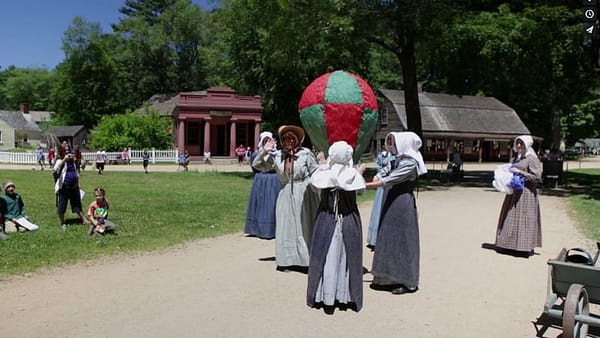Survey of Colorado teens stirs Massachusetts marijuana legalization debate

STATE HOUSE — A new survey of teen drug use in Colorado has served to help marijuana legalization advocates in Massachusetts push back against the claims of opponents that legalization will lead to higher rates of teenage pot consumption.
The survey released Monday by the Colorado Department of Public Health and Environment found that 21.2 percent of high school students in that state reported using marijuana within the past 30 days in 2015. The rate, essentially flat, fell a few ticks from the 22 percent who reported using pot in 2011, the year before the drug became legal for adults.

